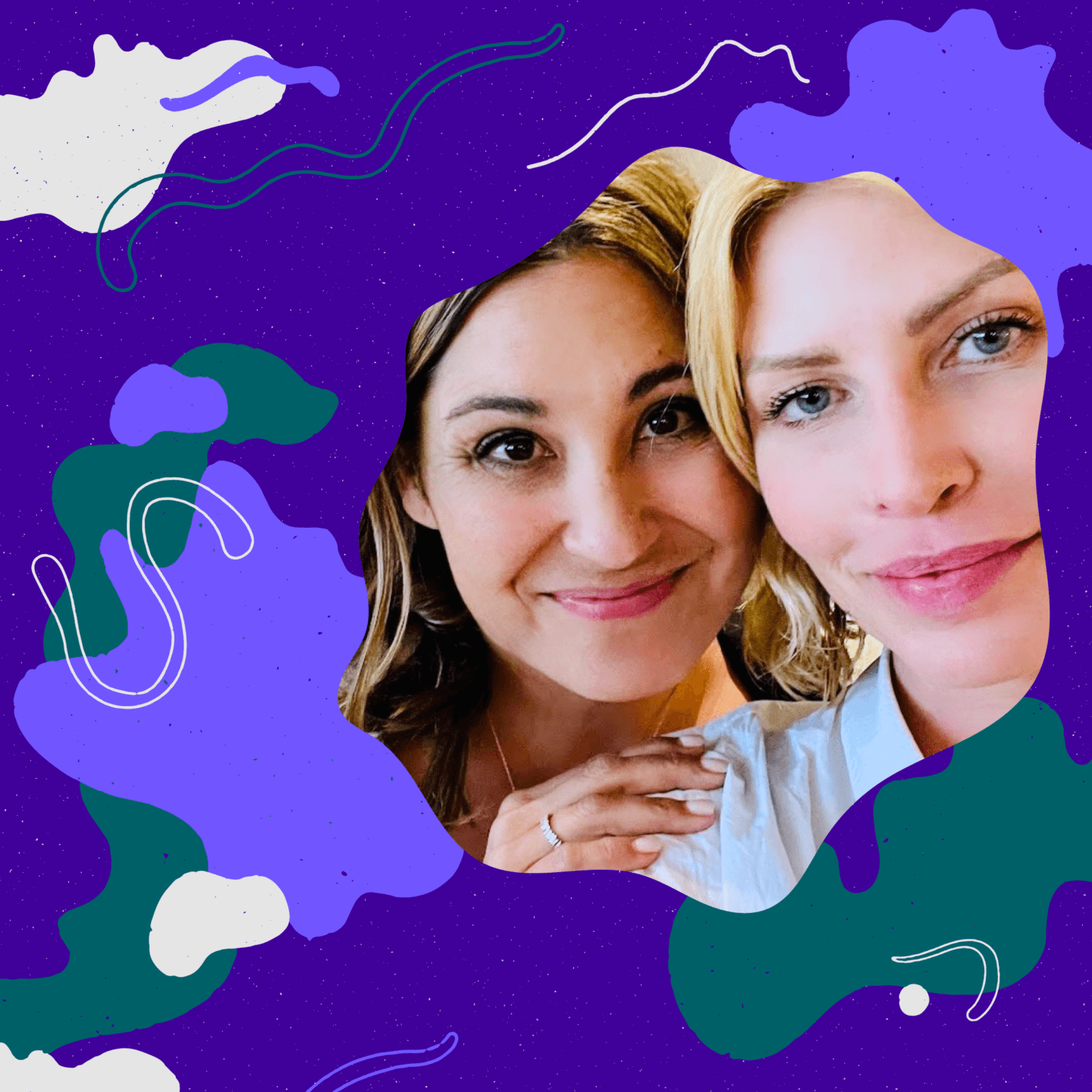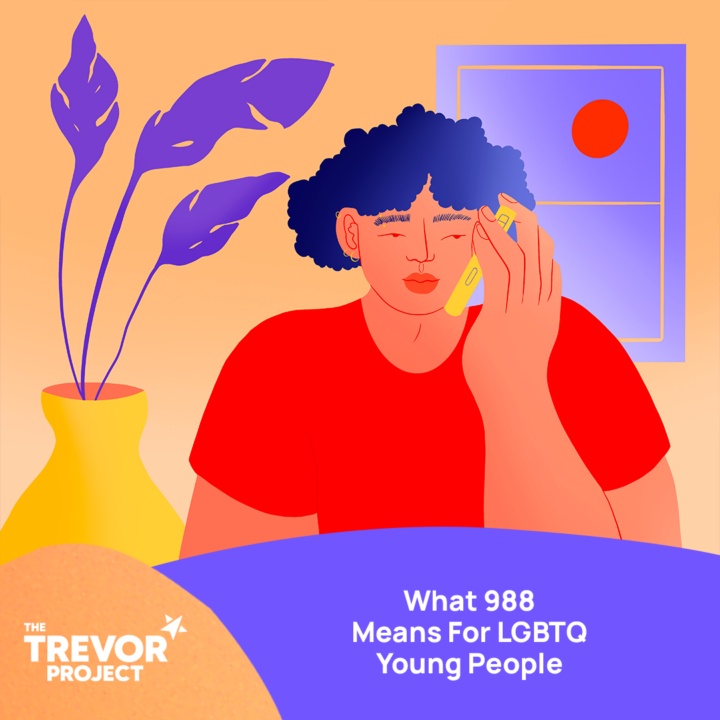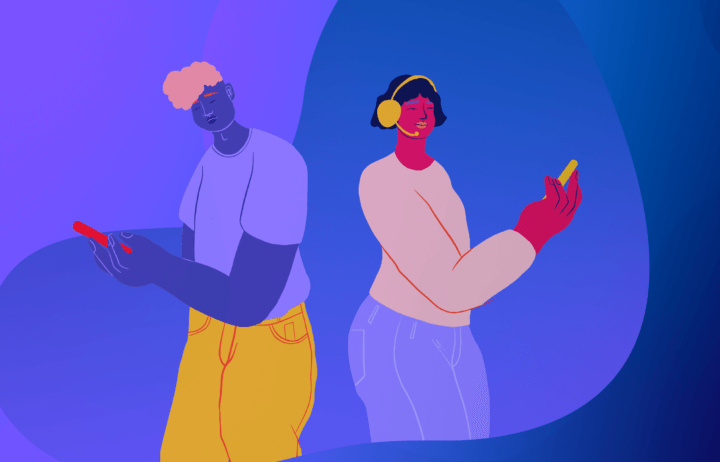I became obsessed with books and writing at an early age. My favorite books as a child included “Esperanza Rising” by Pam Muñoz Ryan, as it was one of the few books that depicted a Mexican story. I was able to see parts of myself and my history in Esperanza, and later, I found myself in volumes of manga, 300-page fantasy novels, slam poetry and Greek mythology. This is what fostered my love of literature: to recognize myself in the magical wizard, the curious monster, the brave hero in the story. This is how I fell in love with words, and we have never parted ways.
Writers have created infinite universes for young people to explore — but now, these infinite universes are being closed to children across the country. Book bans in schools across the United States have been on the rise, and the books that are being banned are the very books that make an impact on young people who already struggle to find representation in media, like LGBTQ young people and Black and Brown folks.
The wave of book bans continues which has the potential to deprive young people of the opportunity to find themselves in stories or better understand the experiences of their classmates and peers. Luckily there are people hard at work to help — like Morgan Walsh and Keiko Feldman, two moms who founded Open Books, an organization committed to making schools more representative and welcoming by donating LGBTQ affirming books to school districts across the country. Co-founder Morgan says, “I am hard pressed to think of something more powerful, more capable of effecting change, than the power of story. It is in our nature to seek a feeling of belonging. We search for pieces of ourselves in others. We want to know we are not alone.”
Morgan and Keiko founded Open Books with the mission to foster representation and safety in schools through story books. By donating acclaimed, age-appropriate LGBTQ+ affirming books to public school libraries, Open Books is bridging that gap in representation, and giving what they call a permission slip to children to love themselves. Morgan explained, “When we are exposed to various kinds of people, we become better, more informed, more compassionate and empathetic citizens. When kids feel safe, they learn better. The entire school community benefits, teachers, students, parents & caregivers alike. All kids deserve to feel like they belong — that is at the heart of our mission.”
“When LA Unified teachers went on strike a few years back, it hit me,” Morgan explained. “If LAUSD doesn’t have enough money to pay their teachers, I bet they don’t have enough money to buy the acclaimed but relatively new books I was providing to my own kids. Donating the books to local schools seemed like a very simple yet very tangible way to make a direct impact on our community.” Morgan and Keiko delivered books to their first distinct in 2018, and to date, they have donated to over 1,000 schools, providing nearly 1 million students with access to affirming books. Still, five years down the road find themselves in a political climate more divided than before, and the books on their list are being banned by school boards.
Representation, affirmation, and safety at school is incredibly important for LGBTQ young people. Our research shows that last year, LGBTQ young people who felt that school is a gender-affirming and LGBTQ-safe space for them reported significantly lower rates of suicide attempts. Affirmation and support looks like more than just books on shelves; safe schools are made up of a complex web of institutional support, friendly community, and comprehensive resources and education. If any one of these things are missing (or even all of them) the risk for LGBTQ young people to be marginalized and underrepresented increases.
Morgan affirmed, “The choice is simple: we either create learning environments where all kids feel valued or we create learning environments that actively harm them. Now more than ever, students have reason to feel like school is not that place they want to be anymore, and we have to make sure that our messaging is 100% clear. Within our schools, we can either accept and affirm them for who they are, or we can reject them. We need to tell them that they belong, that they are good just the way that they are, and that they have value.”
“We all know what it’s like to get lost in a book, but there is something so awesome about finding yourself in one too. Though the circumstances may differ, the feelings are the same. We want to say thank you to all of the teachers, librarians, school admin and support that advocate for their kids by seeking books like these.”
Sue Cardenas-Soto is a Copywriter at The Trevor Project, the leading suicide prevention and mental health organization for lesbian, gay, bisexual, transgender, queer & questioning (LGBTQ) young people. If you or someone you know is feeling hopeless or suicidal, our trained crisis counselors are available 24/7 at 1-866-488-7386 via chat www.TheTrevorProject.org/Get-Help, or by texting START to 678-678.


